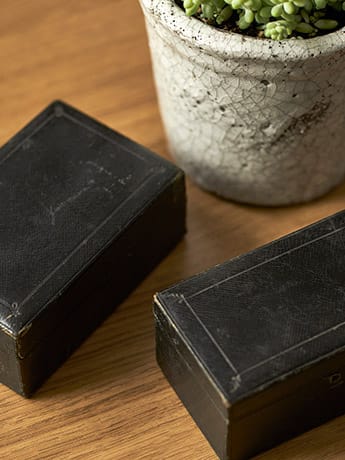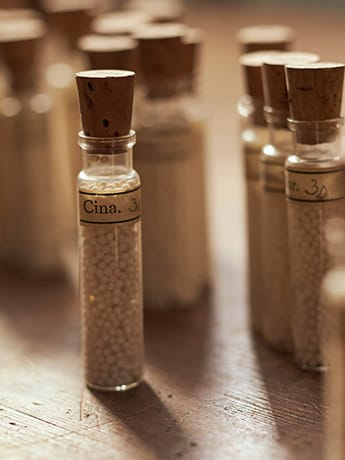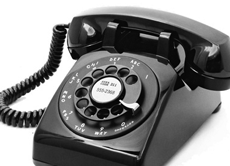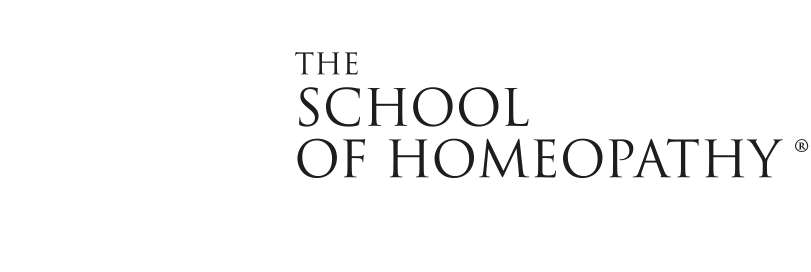.jpg)


 Anxiety
Anxiety
Anxiety is a psychological and physiological state characterised by feelings of unease, apprehension and worry. It often manifests as a sense of fear or impending danger, accompanied by physical symptoms such as increased heart rate, sweating, trembling, and restlessness. Anxiety can be a normal response to stressful situations, but when it becomes excessive or persistent, it can interfere with daily life and wellbeing.
Homeopathy is a holistic system of medicine that works on the principle of "like cures like." It uses highly diluted substances to stimulate the body's own healing mechanisms. Homeopathic remedies can be effective in addressing anxiety by addressing the underlying causes and promoting overall wellbeing.
Here are seven commonly used homeopathic remedies for anxiety:
1. Aconitum napellus (Acon)
This remedy is often used for sudden and intense anxiety or panic attacks. It is particularly useful when anxiety is accompanied by a sense of impending doom, restlessness, and a racing heart. Aconite is known to calm the mind and reduce fear. Read more...
2. Argentum nitricum (Arg nit)
This remedy is helpful for anticipatory anxiety, such as before an exam or a public speaking engagement. People who benefit from Argentum nitricum may experience anxiety with a strong desire for sweets, trembling, diarrhoea, and a feeling of being hurried. Read more...
3. Gelsemium sempervirens (Gels)
Suitable for individuals experiencing anxiety due to anticipation or performance anxiety. Symptoms may include weakness, trembling, a sensation of heaviness in the limbs, and a feeling of being paralyzed by fear. It is especially helpful for anxiety that manifests before important events or exams. Read more...
4. Ignatia amara (Ign)
This remedy is often used for anxiety resulting from grief, loss, or emotional upsets. People who benefit from Ignatia may experience mood swings, weepiness, sighing, and a sensation of a lump in the throat. It is also helpful for individuals who tend to suppress their emotions. Read more...
5. Lycopodium clavatum (Lyc)
Indicated for anxiety related to low self-esteem and fear of failure. People who require Lycopodium may have a fear of public speaking, suffer from digestive issues (such as bloating or gas), and have a craving for sweets. Read more...
6. Pulsatilla nigricans (Puls)
Suited for individuals who experience anxiety due to abandonment or separation anxiety. They may be emotionally sensitive, clingy, and seek reassurance from others. Symptoms may worsen in warm rooms, and the person may have a desire for consolation and fresh air. Read more...
7. Arsenicum album (Ars)
Beneficial for individuals who experience anxiety with restlessness, fear of death, and a need for control. They may have perfectionistic tendencies and feel better with warmth and company. Arsenicum is particularly useful for anxiety that worsens at night. Read more...
You can try one of the above remedies and see if it helps, you may get lucky. However, you would be better off seeing a professional homeopath. Homeopaths take into consideration the root cause of your anxiety and the totality of your symptoms and case. A consultation usually last around 90 minutes, with in-depth information about your anxiety they are then able to find the most suitable hoemoathic medicine to help.
Other natural ways to manage anxiety:
1. Deep breathing exercises: Practice deep breathing techniques, such as diaphragmatic breathing, to activate the body's relaxation response and reduce anxiety.
2. Regular exercise: Engage in regular physical activity, such as walking, jogging, yoga, or dancing, as it promotes the release of endorphins, which are natural mood boosters.
3. Mindfulness and meditation: Practice mindfulness and meditation techniques to cultivate a sense of calm and focus, reducing anxiety and promoting overall well-being.
4. Herbal remedies: Certain herbs, such as chamomile, lavender, and passionflower, have calming properties and can help reduce anxiety. Consult a healthcare professional for guidance on appropriate herbal remedies.
5. Healthy lifestyle: Maintain a healthy lifestyle by getting adequate sleep, eating a balanced diet, limiting caffeine and alcohol consumption, and engaging in activities that bring joy and relaxation.
It's important to remember that while these natural approaches can be helpful for managing anxiety, severe or persistent anxiety may require help from your GP too. It's always recommended to consult with your GP as well as a qualified homeopath for an accurate diagnosis and personalised treatment plan.
If you need help why not contact us to arrange to speak to one of our homeopaths or complete the form below. We offer both in-person clinic appointments in Stroud or online consultations anywhere in the world.
More time to talk to a health professional
When you see a homeopath you are given the time to talk about all the symptoms you are experiencing. The first appointment usually lasts 90mins, with follow-up appointments lasting 45mins. Questions about your lifestyle, eating habits and preferences, temperament, personality, sleep patterns and medical history help the homeopath to form a complete picture of your health.

Call now to book an appointment at the Clinic.
01453 766 556
.jpg)
This clinic creates a beacon for homeopathy in Stroud; it brings homeopaths together; it acts as an international teaching facility for the School and it offers patients the highest quality of homeopathic treatment and care.
Mani Norland, Principal














